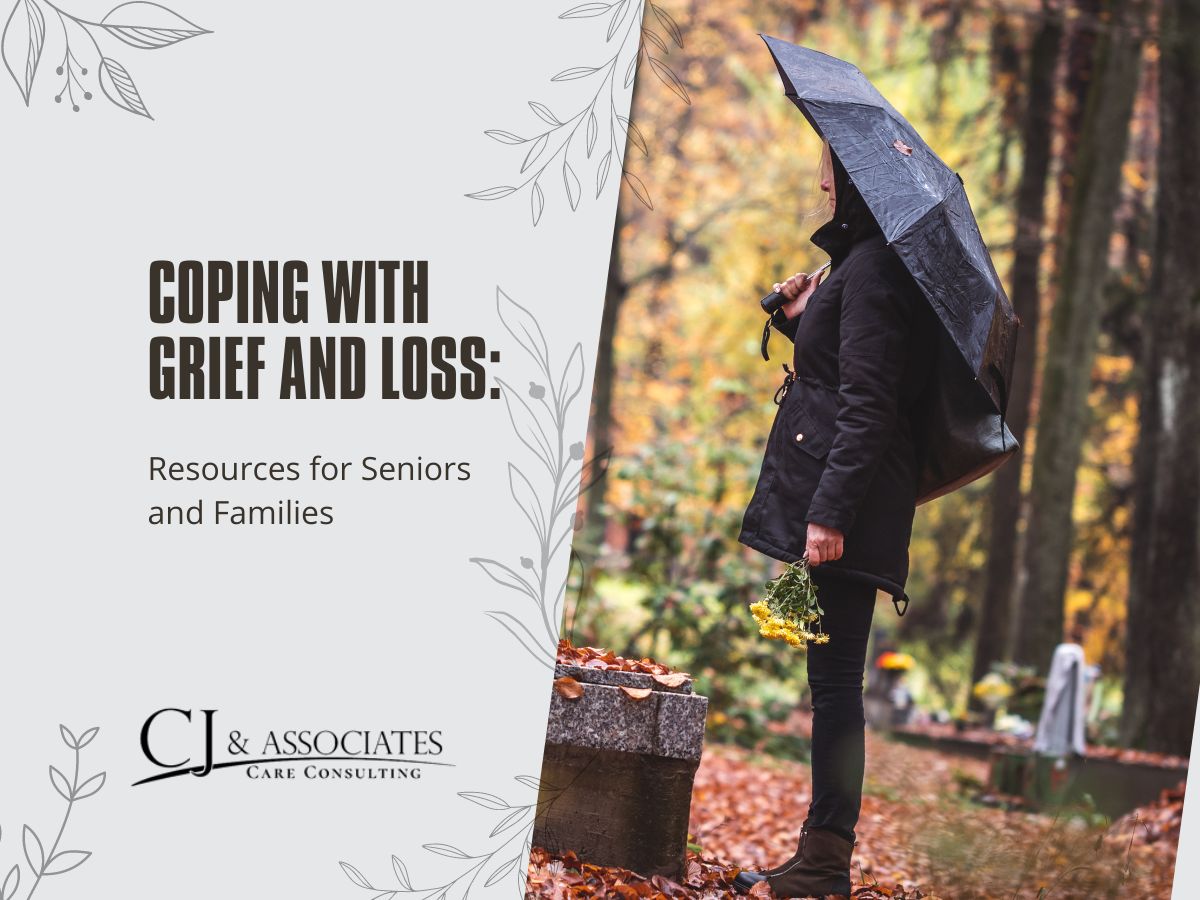Grief and loss are inevitable parts of life, yet navigating through them can be challenging, especially for seniors and their families. Whether it’s the loss of a spouse, a close friend, or adjusting to life changes due to aging, grief can manifest in various ways and impact overall well-being. During such times, having access to supportive resources and coping mechanisms becomes essential. Let’s explore some valuable resources and strategies that can aid seniors and their families in coping with grief and loss.
- Support Groups: Joining grief support groups tailored for seniors can provide a safe space to express emotions, share experiences, and receive understanding and empathy from others who are going through similar challenges.
- Counseling Services: Professional counseling services, such as grief counseling or therapy, offer individualized support and guidance in processing emotions, developing coping strategies, and navigating the grieving process.
- Community Centers: Many community centers and senior centers organize grief support programs, workshops, and events aimed at providing emotional support, education, and social connection for seniors experiencing loss.
- Religious or Spiritual Support: For those who find solace in their faith or spirituality, seeking support from religious leaders, attending religious services, or participating in spiritual practices can offer comfort and a sense of peace during times of grief.
- Online Resources: There are numerous online resources, forums, and virtual support groups dedicated to grief and loss, providing information, tools, and a platform for connecting with others from the comfort of home.
- Memorialization Activities: Engaging in memorialization activities, such as creating memory books, planting trees or flowers in remembrance, or participating in memorial services, can honor the memory of lost loved ones and provide a sense of closure.
- Therapeutic Activities: Participating in therapeutic activities like art therapy, music therapy, or nature walks can offer avenues for self-expression, relaxation, and emotional healing.
- Volunteer Work: Volunteering for causes or organizations that hold personal significance can offer a sense of purpose, fulfillment, and connection to others, helping to alleviate feelings of isolation and sadness.
- Physical Exercise: Regular physical activity, such as walking, yoga, or tai chi, not only promotes physical health but also boosts mood, reduces stress, and enhances overall well-being, making it an important aspect of grief management.
- Family and Social Support: Lean on family members, friends, and trusted individuals for emotional support, companionship, and practical assistance during times of grief. Open communication and staying connected with loved ones can help alleviate feelings of loneliness and isolation.
In conclusion, coping with grief and loss is a deeply personal journey, and it’s essential for seniors and their families to access supportive resources and adopt healthy coping strategies. By seeking support from various avenues, engaging in therapeutic activities, and nurturing social connections, seniors can navigate through grief with resilience and find solace amidst the challenges of loss.

